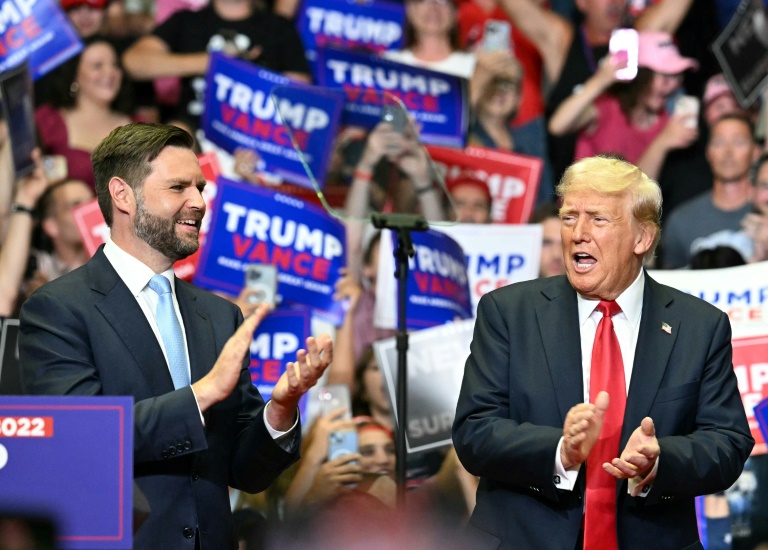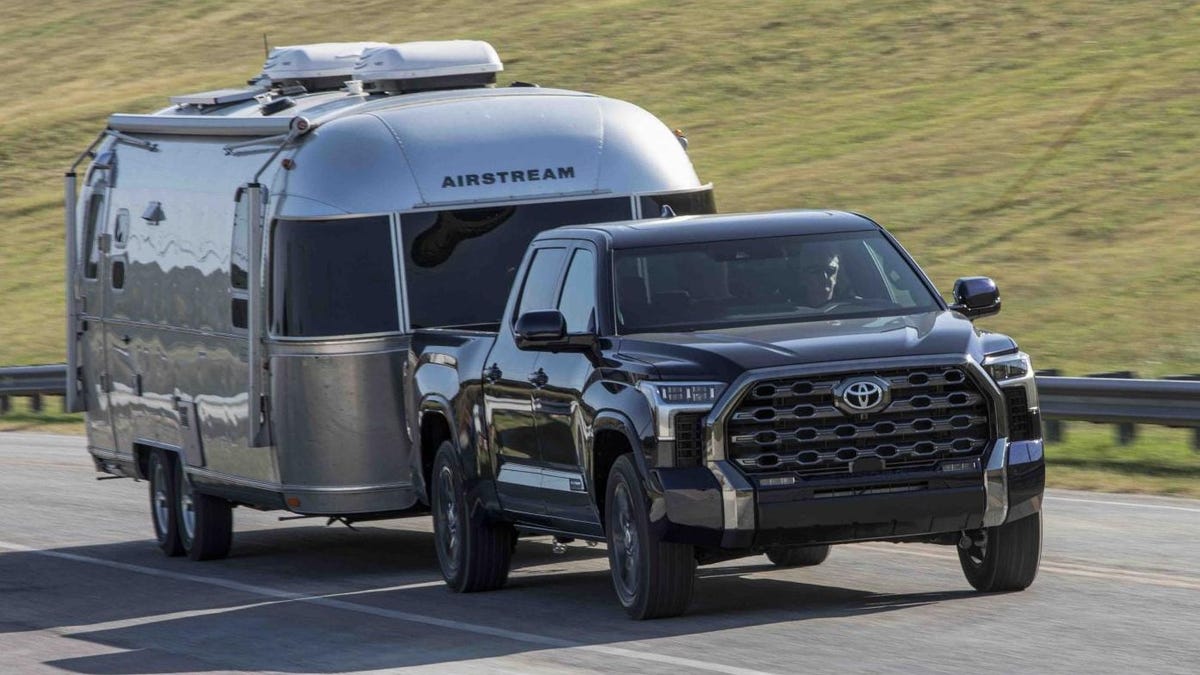The lead plaintiff in a Colorado case attempting to bar Donald Trump from the state’s ballot voiced hope that the U.S. Supreme Court would come down on her side. So did Secretary of State Jena Griswold.
But that outcome seemed less likely after more than two hours of oral arguments and skeptical questions at the high court Thursday. The justices pointedly did not dwell on the question of whether the former president engaged in insurrection in the events around the Jan. 6, 2021, U.S. Capitol riot.
Instead, they focused their attention on whether specific phrasing in the 14th Amendment’s insurrection clause applies to Trump — and broadly questioned whether states like Colorado have the power to enforce it in a federal election.
“I personally disagree with the court if they do pursue that line of reasoning,” Griswold, a Democrat, said in a press call about the potential that the court could strip some of states’ election authority. “It is within the state’s purview, under the Constitution, to regulate elections, including how we deal with disqualifications.”
The impact of the impending ruling on Colorado remains unclear. The justices face no deadline, though most observers think a ruling will come with relative speed, possibly in a matter of days. As of now, ballots for Colorado’s March 5 Republican presidential primary will include Trump’s name when they’re sent out next week.
Justices across the ideological spectrum, to varying degrees, questioned the merits of the Colorado plaintiffs’ case, focusing heavily on its potential impact nationally. The group of Republican and unaffiliated voters in the lawsuit was led by former state Senate Majority Leader Norma Anderson, now age 91.
“They seem to be balancing the ability of states to run their own elections and uniformity across the states,” said Jessica Smith, a Denver-based attorney with Holland & Hart who has followed the case.
But in this case, she said, most of the nine justices seemed primed to favor federal authority in determining the eligibility of presidential candidates, in whatever form that might take.
The case to keep Trump off the ballot found its strongest footing in Colorado in part because of the state’s rules allow voters to challenge candidates’ eligibility and its typical practice of keeping people found to be disqualified from office from appearing on the ballot. The lawsuit was spearheaded by the liberal watchdog group Citizens for Responsibility and Ethics in Washington.

Last fall, after a multi-day hearing with testimony and evidence, Denver District Judge Sarah B. Wallace declared in her findings of fact that Trump did engage in insurrection, but she didn’t disqualify him from the ballot.
Then the Colorado Supreme Court upheld that finding in December — while also ruling 4-3 that Trump was barred from the ballot under the 14th Amendment. The majority put its ruling on hold pending federal court review, however.
Anderson, in a statement distributed after Thursday’s U.S. Supreme Court arguments, said: “Donald Trump’s actions on January 6th stand in direct opposition to (the country’s) sacred ideals and today, we stand before the Supreme Court seeking justice to ensure that no one, regardless of their party or popularity, is above accountability.”
Smith noted the tight timeline for the case and said the justices could stop short of fully settling some central questions — such as whether the riot on Jan. 6 was indeed an insurrection or if the 14th Amendment’s Section 3 requires some sort of congressional action to enforce.
While she’s hopeful the court will provide answers to all the questions raised in the Trump case, it’s not a guarantee.
“We might be in a situation where everything continues,” Smith said. “He’s permitted to run, he appears on all these ballots, but then in November there’s another lawsuit asking if he’s actually barred from holding office.”
Thursday’s hearing in Washington, D.C., came a day after the release of a poll sponsored by ProgressNow Colorado, a liberal advocacy group, showing that 61% of Coloradans agreed that Trump engaged in an insurrection against the United States. On another question, 56% approved of the Colorado Supreme Court’s decision barring him from the ballot.
The findings, with a margin of error of plus or minus 3.5 percentage points, roughly mirrored the state’s 2020 election results in which President Joe Biden won 55% of the vote. The poll was conducted by Global Strategy Group, a Democratic firm whose 2022 Colorado poll was among the most accurate for predicting the state’s election results that year.
Griswold, who was sued alongside Trump as the state’s highest election official, cautioned Thursday afternoon against drawing conclusions based on justices’ questions during arguments. A frequent Trump critic, she has urged the Supreme Court to bar him from the ballot.
But Dave Williams, the chair of the Colorado Republican Party, cheered the justices’ aggressive questioning of the plaintiffs’ attorney. The party had joined the case to support Trump.
“Bottom line, Donald Trump and the Colorado Republican Party (are) in a strong position to win this appeal in the Supreme Court,” he wrote in a text message. “The petitioners faced a highly skeptical Court that rightly scrutinized their arguments because it’s obvious that removing qualified candidates from the ballot would disenfranchise voters and upend our principles of free and fair elections.”
Stay up-to-date with Colorado Politics by signing up for our weekly newsletter, The Spot.







